The mere thought of improvising often strikes fear into the hearts of non-actors, though at its core improv is already in their wiring. It’s simply a sophisticated form of play – the kind you engaged in as a kid, where the rules were understood without thinking about them. You were collaborating with kids, discovering, sharing, listening, sending and receiving signals, making eye contact, agreeing, and finding a rhythm together. You were not in your heads, wondering how you were doing, worrying about the outcome, wound up about what and how the kids across the street were playing. You were in the moment and enjoying it. You had your eye on the ball. You made magic.
Playing together is a vital component of thriving. It can be frivolous or focused. Through improv, we use both sides of our brain, sharpen our thinking on our feet, and move beyond our go-tos. We explore the value of relationships. We discover ways to enjoy challenges and meet them as a team, to be more decisive, and if something changes, to be flexible. We solve problems and find clarity by diving into and embracing the unknown in safe surroundings, ideally, in a state of play.
GENEROSITY AND EMPATHY
Some companies – even wildly successful ones -- generate an excitement that carries an undercurrent of hysteria. This can breed a toxic environment that can’t be sustained. If the group is anchored in stillness, in the underlying peace of a place of trust and respect, organic collaboration can emerge, bringing about communal growth in a way that takes care of everyone. The company and each person in it become a part of the flow. Improv training supplies the building blocks for this.
Two tools that often get overlooked are generosity and empathy.
Innumerable rewards come from true generosity, and we learn them in improv. Give more. Not just more than what’s expected, but more. You’ll discover a vast supply where “more” comes from and you’ll always get something back. You give to the other. It works. You help make it happen. Dopamine!
Onstage in a scene, we’re trained to stop thinking only about ourselves, how we’re doing, how we’ll come off, or what we’ll get. When we move into the mindset of intuiting what the other person needs and we give without thinking of it as something we’re losing, the universe opens up. We see opportunities we might otherwise miss.
Empathy is often misunderstood. I was hired to design a class for marketing students. Their professor said, “They want to market to people, but they have no sense of empathy.” He told me they wanted to figure out how to target their audience without understanding how they felt. That’s exactly what makes us turn away from some advertising. It doesn’t resonate.
Hearing each other -- not just surface listening, but really hearing -- is a sign of respect and empathy. We listen, not just waiting for our turn to speak, but with interest and curiosity. We care about what’s going on with the other people in the scene. We want to help, not manipulate. We come to feel what benefits the other, which in turn benefits everyone. We share the experience, collaborating without either controlling the moment or surrendering the responsibility to our partners.
In the business world, this translates to caring about not just the company, but about each person in it. We don’t have to love or even like everyone, but we must invest, genuinely, in what will help them do their best work. It makes us more flexible. It brings forward an inherent calm that helps us co-create an evolved atmosphere for growth. It makes life better for the whole.
Yes, improv is serious fun.

